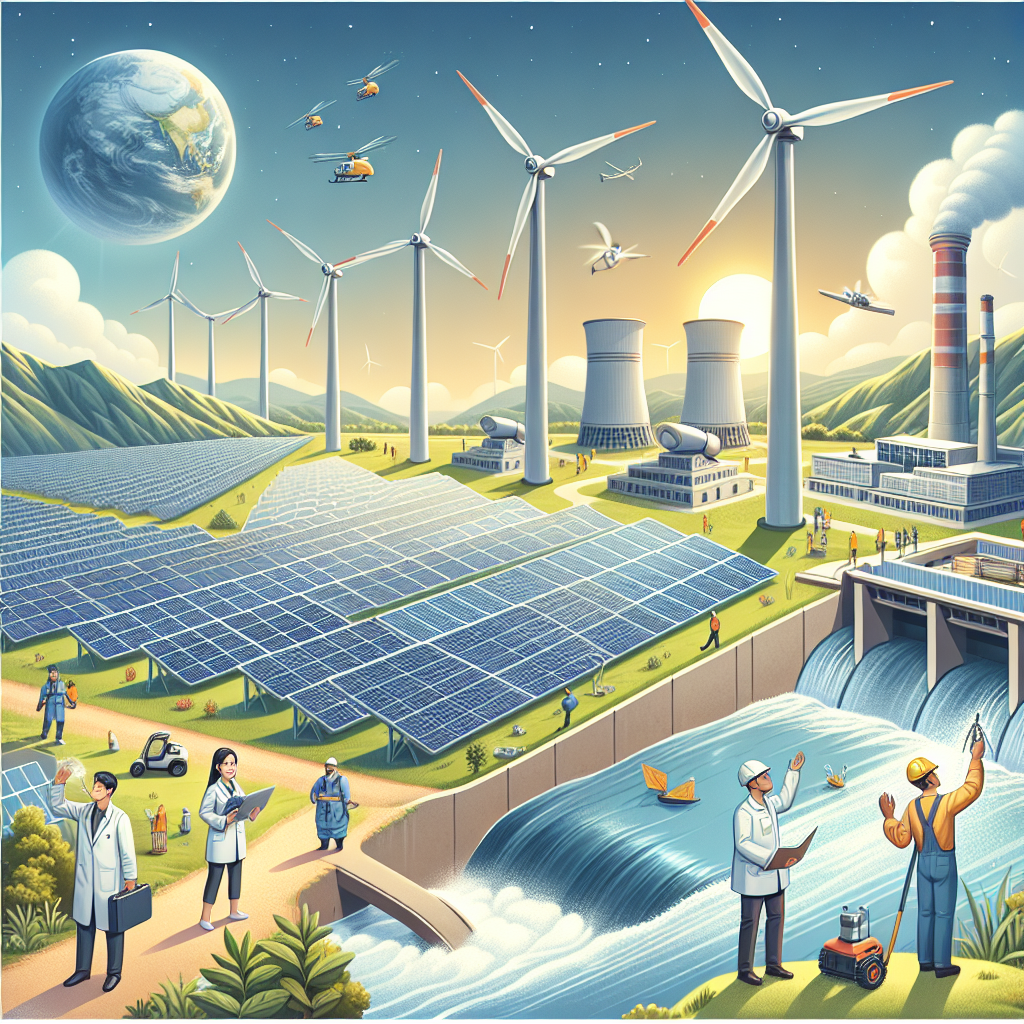The renewable energy sector saw its largest-ever increase in jobs in 2023, with the workforce expanding from 13.7 million in 2022 to 16.2 million, according to the Renewable Energy and Jobs – Annual Review 2024, released by the International Renewable Energy Agency (IRENA) and the International Labour Organization (ILO). This 18% rise reflects the significant growth in renewable energy capacity, driven by solar photovoltaics (PV) and wind energy, along with continued expansion in equipment manufacturing.
However, the report reveals that the growth was heavily concentrated, with nearly two-thirds of new solar and wind capacity installed in China, which leads the world with 7.4 million renewable energy jobs, accounting for 46% of the global total. Following China, the European Union reported 1.8 million jobs, Brazil 1.56 million, and the United States and India with nearly one million jobs each.
The solar PV sector remained the largest employer, supporting 7.2 million jobs globally, of which 4.6 million were in China. Southeast Asia also emerged as an important player, becoming a hub for solar PV manufacturing, driven by Chinese investments, which helped create jobs in the region.
Liquid biofuels followed as the second-largest renewable energy employer, with Brazil leading the way, holding one-third of the 2.8 million jobs in the sector. Indonesia saw rapid growth, accounting for a quarter of global biofuels jobs, reflecting its significant production capacity.
While most renewable sectors experienced job growth, hydropower became an exception. Slower deployment saw a decline in hydropower jobs, from 2.5 million in 2022 to 2.3 million in 2023. China, Brazil, India, Pakistan, and Vietnam remain the top employers in this sector.
The wind energy sector showed strong growth, with China and Europe dominating. Together, they contributed 73% of the 1.5 million wind energy jobs worldwide.
Despite the booming global figures, the report highlights ongoing disparities in renewable energy job distribution. Africa, for example, accounted for only 324,000 renewable energy jobs in 2023. The report points to the potential of decentralized renewable energy (DRE) solutions to boost employment, particularly in regions with limited access to reliable energy. Removing barriers to women’s participation in DRE entrepreneurship is seen as a way to stimulate local economies and improve energy access.
IRENA Director-General Francesco La Camera emphasized the need for more balanced global growth in renewable energy jobs, stating, “The story of the energy transition and its socio-economic gains should not be about one or two regions. If we are all to fulfil our collective pledge to triple renewable power capacity by 2030, the world must step up its game and support marginalized regions.”
The report also highlights ongoing gender disparities in the workforce. While women represent 32% of the global renewable energy workforce, they still hold an unequal share of jobs. ILO Director-General Gilbert F. Houngbo stressed the importance of addressing these disparities and investing in education and training to reskill workers from the fossil fuel sectors and prepare the workforce for new roles in clean energy.
The Annual Review underscores the importance of a just and inclusive transition to renewable energy, advocating for policies that prioritize local value creation, decent job opportunities, and community involvement. As the world strives to meet the goals of the Paris Agreement, building a skilled and diverse workforce will be essential for ensuring a sustainable and equitable energy transition.











